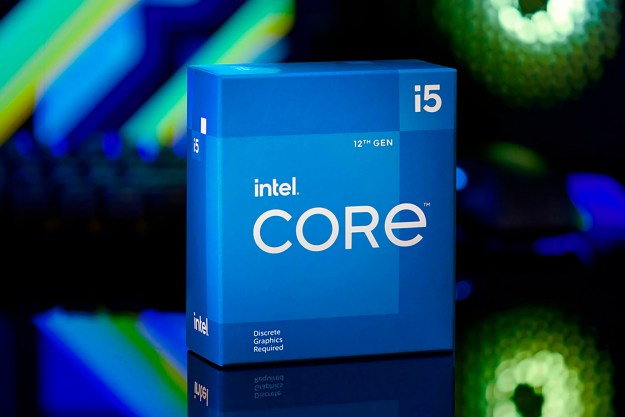The Core i9-13900KS was a milestone product for Intel, as it was the first consumer processor capable of reaching an impressive 6GHz straight out of the box. This year, Team Blue is expected to take it up a notch.
A recent leak reported by Tom’s Hardware has unveiled crucial details about Intel’s upcoming flagship CPU, the Core i9-14900KS. If these leaked benchmarks are to be believed, this beast of a processor will boast eight powerful P-cores alongside 16 efficient E-cores, offering a total of 32 threads and a whopping 68MB of cache. But what truly sets it apart is its clock speeds.
The Core i9-14900KS is rumored to clock up to 6.2GHz for single-core and dual-core performance, with speeds reaching up to 5.9GHz for three to eight cores. This translates to P-cores running a significant 200MHz to 300MHz faster than before, while E-cores are expected to hit speeds of up to 4.5GHz – an impressive 100MHz bump from its predecessor, the Core i9-14900K.
i9-14900KShttps://t.co/6BuMmqbvmY pic.twitter.com/HentGuDkNC
— Benchleaks (@BenchLeaks) February 13, 2024
This impressive feat is expected to deliver unparalleled processing power, making it an attractive option for demanding tasks such as gaming, content creation, and productivity.
The performance of the Core i9-14900KS does come at a cost – power consumption. Reports suggest that under load, this powerhouse CPU could draw over 400 watts of power, raising concerns about thermal management and energy efficiency. Not only will users need robust cooling solutions to keep temperatures in check, but also reliable power supply units to meet its hefty demands.
Comparing it to its predecessor, the Core i9-13900KS, which had similar core configurations, but required an Extreme Power Delivery Profile to hit the 6GHz mark at a power consumption of 320W, it’s evident that Intel is pushing the boundaries further.
While leaked benchmarks offer a glimpse into the potential of the Core i9-14900KS, it’s important to approach them with caution until we receive official confirmation from Intel. Real-world performance may vary based on factors such as cooling solutions, motherboard compatibility, and software optimization.
Editors' Recommendations
- Nice try, Intel, but AMD 3D V-Cache chips still win
- Intel just launched the ‘world’s fastest’ CPU
- I tested Intel’s new overclocking tool, and it does AI all wrong
- It’s the end of an era for Intel
- The iPhone 15’s chip challenges Intel’s fastest desktop CPU — but there’s a catch




